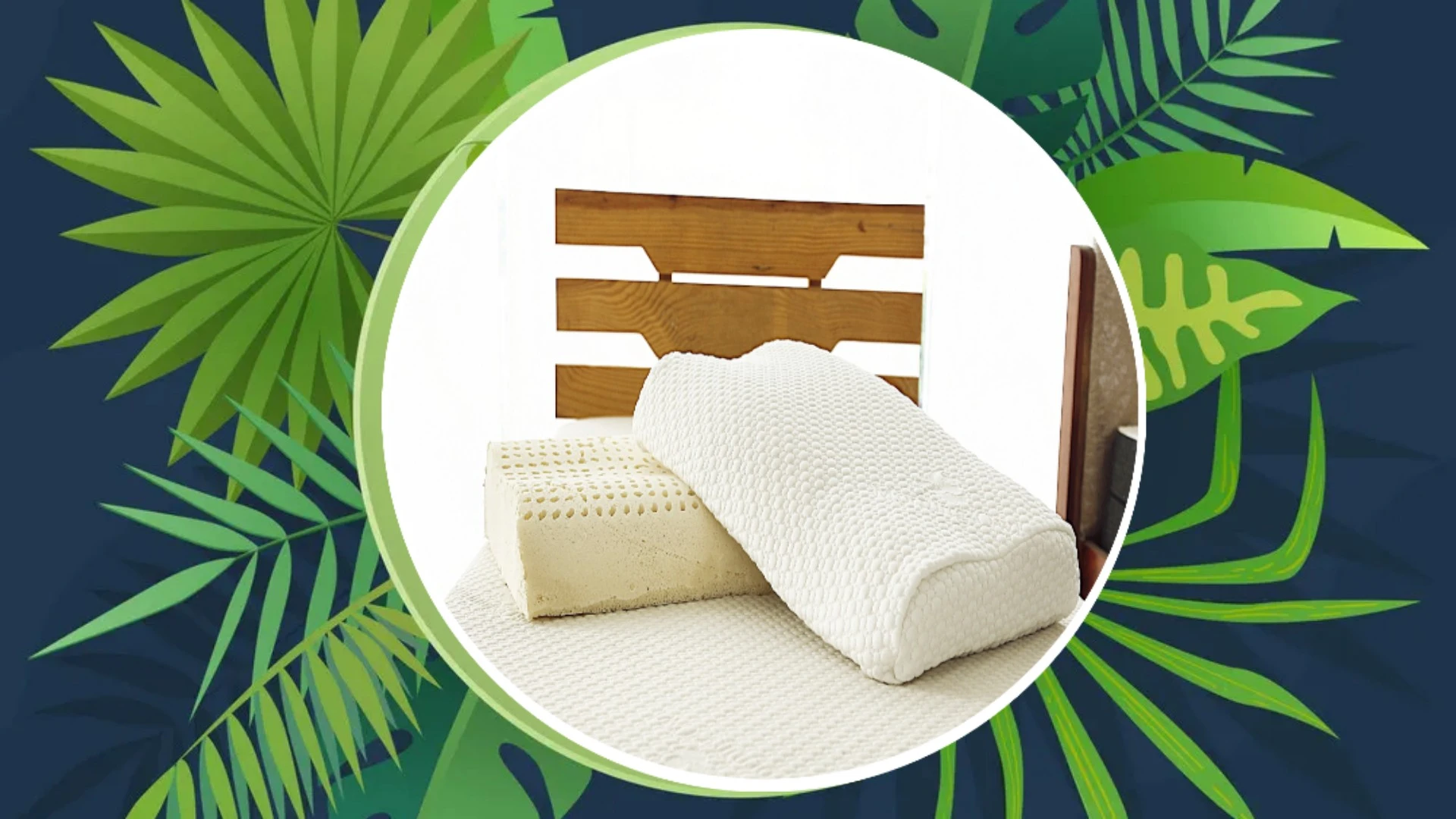Do you wake up with a stuffy nose or sneeze while sleeping? Allergies aren’t enjoyable, whether they’re seasonal or year-round.
Allergic Rhinitis (Allergy that mostly disrupts sleep) affects up to 40% of people on average. Sneezing, itchy or runny nose, watery eyes, and, for many allergy patients, poor sleep are all symptoms. Individuals with allergies are more than twice as likely as those without allergies to suffer from sleeplessness.
Effects of Allergies on Sleep
When allergens enter your nose, they irritate your nasal passages, causing symptoms including nasal congestion, sneezing, and watery eyes.
These symptoms make it difficult to breathe and tend to get worse at night, which is one of the reasons why allergies frequently contribute to poor sleep quality.
You may be losing sleep as a result of your allergies keeping you up at night. You’ll feel exhausted and irritable the next day if you don’t get enough sleep the night before.
Tiredness can influence your performance at school and work, as well as your health and well-being. Sleep deprivation also increases anxiety and stress levels, making it more difficult to fall asleep.
Allergies not only make it difficult to fall asleep, but they also make it difficult to remain asleep. People with allergies may wake up in the middle of the night with a stuffy nose, sneezing, or coughing.
This type of allergy-induced sleep deprivation accumulates over time, producing a vicious cycle that drives some people to rely on sedatives or alcohol to fall or remain asleep, which is not a good idea.
What are the Sleep Disturbances that can come up with Allergies?
Allergies can interfere with all aspects of sleep. Individuals suffering from allergic rhinitis are substantially more likely to have sleep problems.
Some other ailments that can arise are:
- Having Difficulty while falling asleep
- Difficulty during Sleeping hours
- Insomnia
- Increased Snoring
- Increased chances of Sleep Apnea
- Deteriorated Sleep Efficiency
- Sleep Deprivation
Their issues do not stop during the day. They are more prone to have difficulty waking up, to be tired during the day, and to suffer morning headaches and sinus problems.
There appears to be a link between the degree of a person’s allergies and the severity of their sleep issues as well. To put it another way, the greater their allergy problems are, the poorer their sleep is.
Some individuals with allergies may experience more severe sleep disruptions, such as bedwetting, insomnia, restless sleep, snoring, obstructive sleep apnea (OSA), and other kinds of sleep-disordered breathing.
Because we know that OSA may lead to trouble losing weight, high blood pressure, cardiovascular disease, and mortality, the link between allergens causing or exacerbating sleep apnea is of special concern.
According to pediatric research, allergens increase the risk of obstructive sleep apnea in children. Children who have sleep apnea are more than twice as likely as those who do not have sleep apnea to have allergic rhinitis.
Poor sleep may be especially harmful to youngsters, resulting in missed school days, behavioral issues, difficulties with memory and focus, and a lower IQ.
How to Improvise Sleeping with these Allergies?
Sleeping with allergies might be difficult, but it is doable. Here are seven methods for dealing with allergies and sleeping better.
1. Make use of an air purifier.
Air purifiers can help people with and without allergies sleep better. They aid in the removal of typical household allergens such as mold, dust mites, pet dander, and even pollen brought in from outside.
2. Shut all of your doors and windows.
If you keep your windows open during the day, allergens will enter your home. Closed windows and doors, on the other hand, can help keep allergens outside and out of your bedroom.
3. Maintain as much dust-free furniture as possible.
Most individuals are astonished by the quantity of clutter and dust that has accumulated in the room’s nooks and corners. Heavy draperies and upholstered furniture should be avoided in the bedroom. If at all feasible, avoid floor-to-floor carpeting.
To avoid dust accumulation, use tightly woven fabric for your sheets and pillowcases. Avoid “dust collectors” in the bedroom, such as plush animals, imitation flowers, and old novels.
4. Do not let pets in your bedroom.
Because pet hair and dander are two frequent allergens that affect sleep, sleeping in a different room from your pet may help alleviate your allergies at night. Make a comfortable bed for them outside your bedroom door and pat them goodnight. Just be sure you thoroughly wash your hands afterward!
5. Vary Your Laundry Routine.
When you come into the house after spending time outside, especially on high pollen count days, take your clothes off and place them straight in the washing room. Never hang your things to dry outside. If feasible, use a dryer instead.
6. Shower before going to bed.
Showering before bedtime aids in the removal of pollen. Make taking a shower part of your evening ritual, and you’ll always be clean before going to sleep.
7. Take Allergy Medications at Bedtime.
If you now take your allergy medicine in the morning, think about switching to the evening. However, you should first consult with your doctor. This guarantees that the drug remains active in your system when you go to bed, rather than wearing off in the middle of the night.
8. Consult with your doctor.
In terms of your doctor, depending on the sort of allergies you have, they can discuss various treatment choices with you. Over-the-counter drugs, prescribed medications, and lifestyle modifications can all help.






